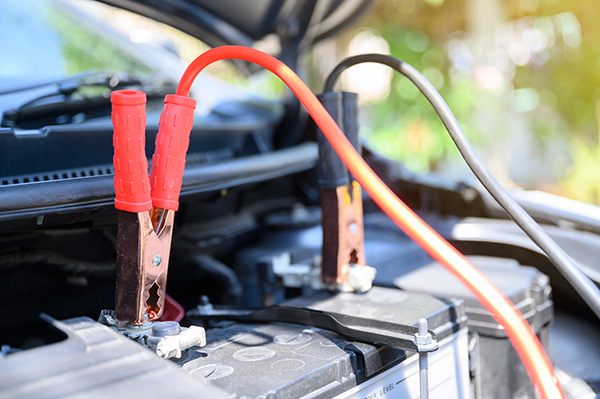
Ever tried starting your car on a freezing morning only to find it struggling to turn over? Cold weather puts a real strain on car batteries, and it’s a common problem many drivers face as temperatures drop. But why exactly does the cold make it so difficult for batteries to perform? Understanding the science behind this can help you take better care of your vehicle during winter and avoid the frustration of a dead battery.
How Cold Temperatures Affect Battery Performance
Car batteries generate electricity through a chemical reaction. Inside your battery, chemicals react to produce electrical energy that powers your car’s starter, lights, and other electrical components. However, these chemical reactions slow down in cold temperatures, leading to a decrease in the battery’s ability to produce the necessary power. When it’s cold, the battery’s internal resistance increases, which means it takes more energy to get the same amount of power, leaving you with a sluggish or dead battery.
Cold weather doesn’t just affect the battery itself; it also makes oil and other engine fluids thicker, requiring even more power to get your engine going. This combination of slower chemical reactions and increased resistance puts additional strain on the battery and can leave you with an unreliable start.
Why New Batteries Handle the Cold Better
If you’ve ever wondered why a new battery seems to fare better in the winter than an old one, it’s due to its increased capacity and efficiency. Newer batteries have a higher reserve capacity, meaning they can hold more charge and supply more power in tough conditions. Over time, however, batteries naturally lose their efficiency, and their capacity to store energy diminishes. This loss of capacity becomes most apparent in the winter when your car demands more from the battery, and an older, weaker battery simply can’t keep up.
Older batteries also tend to have more internal corrosion, which can further increase resistance and make it even harder to start your car on a cold day. For these reasons, replacing an older battery before winter hits can save you a lot of trouble during the colder months.
The Role of the Alternator and Cold Weather Challenges
Your car’s alternator keeps the battery charged by generating electrical power while the engine runs. However, in cold weather, your car’s electrical demands increase due to the use of heaters, defrosters, and headlights. This added demand can make it harder for the alternator to keep up, especially if you’re running multiple electrical systems simultaneously.
When your alternator has to work harder, it may not be able to keep the battery fully charged, leading to a gradual drain on your battery over time. If you take shorter trips in cold weather, this issue becomes even more pronounced, as the alternator doesn’t have enough time to replenish the battery fully. Regularly taking longer drives during winter can help keep your battery charged, but if your battery is already weak, it may still struggle.
How to Protect Your Battery in Cold Weather
Winterizing your car’s battery is a smart way to avoid the common pitfalls of winter driving. Here are a few effective steps you can take to protect your battery and ensure it has the power needed to start your car in colder temperatures:
- Park Indoors if Possible: Parking in a garage or covered area can help insulate your car and protect it from the cold, reducing the strain on your battery.
- Check Your Battery’s Age and Condition: If your battery is over three years old, consider having it tested. Many auto shops offer free battery testing to help you determine if your battery is winter-ready.
- Turn Off Electrical Accessories Before Starting: Heaters, radios, and lights should be turned off before you start the car to reduce strain on the battery.
- Invest in a Battery Blanket: A battery warmer or blanket keeps the battery warm enough to maintain an efficient chemical reaction, making it easier to start in the cold.
These simple steps can go a long way in preserving battery health during the winter months, saving you from an untimely breakdown on a chilly morning.
The Importance of Regular Battery Testing
Testing your battery before the winter season sets in can provide insight into its health and readiness to handle cold weather. Battery testing typically involves checking the battery’s voltage, which indicates how well it can hold a charge. A technician will also check for any corrosion on the terminals and measure the battery’s cold-cranking amps (CCA)—a measurement of how much power the battery can supply in extremely cold temperatures.
Many drivers assume their battery is fine if it works well in warmer months, but the real test of a battery’s strength is its ability to perform in cold weather. By having it tested, you can address any issues ahead of time, such as replacing a weak battery or cleaning the terminals, to avoid surprises when temperatures drop.
Is your battery ready for the cold? Visit Auto Clinic Care for a winter battery check to keep your car running all season. Don’t let a weak battery leave you stranded in the cold.